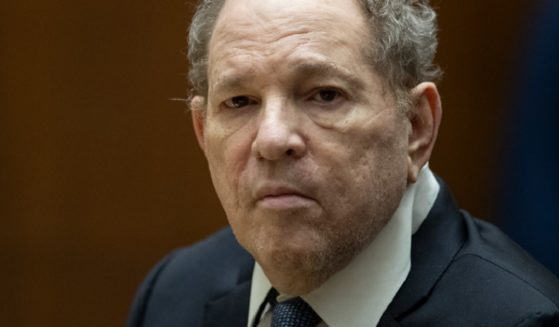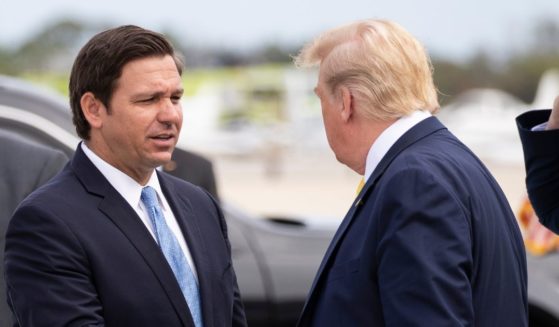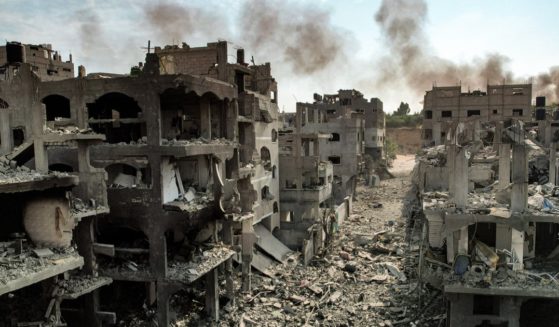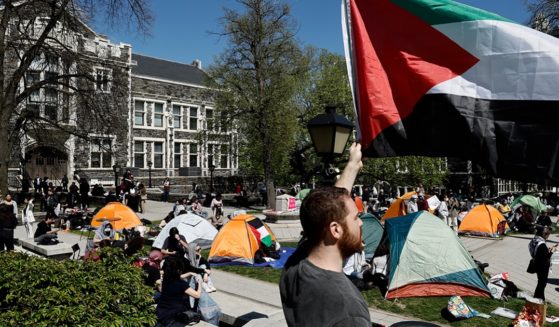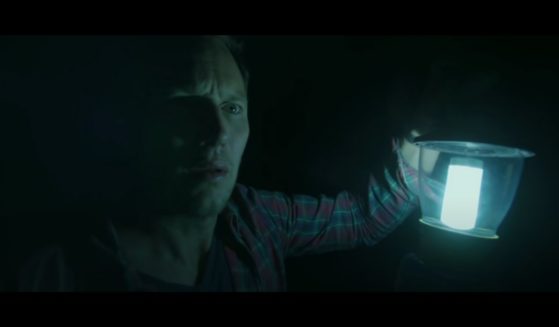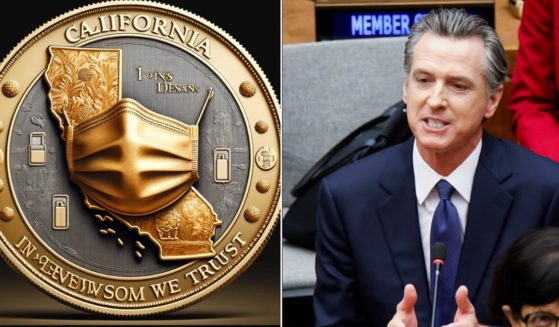Hawaii's 'First Line of Defense' Likely Failed During Maui Fires, Says Congresswoman
Amid the already devastating wildfires raging in Maui, Hawaii, breakdowns in the warning system appear to have exacerbated the catastrophe.
Hawaii Democratic Rep. Jill Tokuda said in a Sunday interview on CBS News that the sirens used to alert local occupants of impending danger “likely did not go off” during the fires.
“Sadly, tragically in this situation, those sirens likely did not go off,” Tokuda said.
Hawaii Rep. @JillTokuda said the warning sirens may not have activated ahead of the devastating #MauiWildfires, failing to alert people about the incoming threat. https://t.co/BRJhgTjo6o
— The Epoch Times (@EpochTimes) August 14, 2023
Tokuda noted that people in her state rely so heavily on the alerts that “everybody who’s ever lived in Hawaii knows the warning sirens.”
She emphasized that this system is so important that the state tests it monthly.
“It goes off once a month, at the beginning of the month, at 12 noon. And it blares. And if it doesn’t, it gets fixed because that is our first line of defense,” she said.
The sirens seem to have been silent from the beginning of the fire, which a Maui County press release said began on Aug. 8.
“Neither Maui nor HI-EMA activated warning sirens on Maui [went off] during the wildfire incident,” Hawaii Emergency Services Administration confirmed on Friday, according to NBC News.
People in harm’s way instead had to rely on cell phone, television, and radio warnings.
These were not available in some places.
Tokuda explained that the very fire that was the cause for the alert took out the infrastructure that was necessary to communicate the danger.
“The warning signals that were on cell phones, we had no cell coverage or electricity in some of these areas,” she said.
She pointed out that even had the sirens been activated, they would have failed to enable residents to make the appropriate decisions without the availability of cell and television coverage.
“The reality is with those warning signs, it tells all of us to turn on the television or look at our phones or turn on the radio.”
“You might think it’s a tsunami, by the way, which is our first instinct. You would run towards land, which in this case would be towards fire.”
Tokuda called the resulting devastation “absolutely heartbreaking,” and Hawaii residents and visitors alike face continuing hardship in the foreseeable future.
Walking through Lahaina yesterday with @govjoshgreen, @maziehirono, and our federal partners broke my heart. One thing is clear: we must bring everyone home. Some are waiting to get back in. Some never left. The road ahead will be long, but we will get through this together. pic.twitter.com/WG2JaRS51x
— U.S. Rep. Jill Tokuda (@RepJillTokuda) August 13, 2023
As of Monday, Reuters reported that 96 people had died, and officials said the death toll is likely to continue to climb.
“We were never expecting this disaster and tragedy,” Tokuda said. “No one ever does.”
“This is a national crisis.”
Truth and Accuracy
We are committed to truth and accuracy in all of our journalism. Read our editorial standards.


